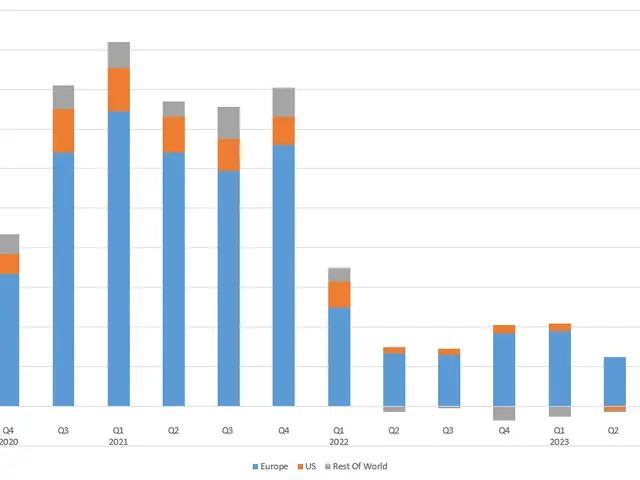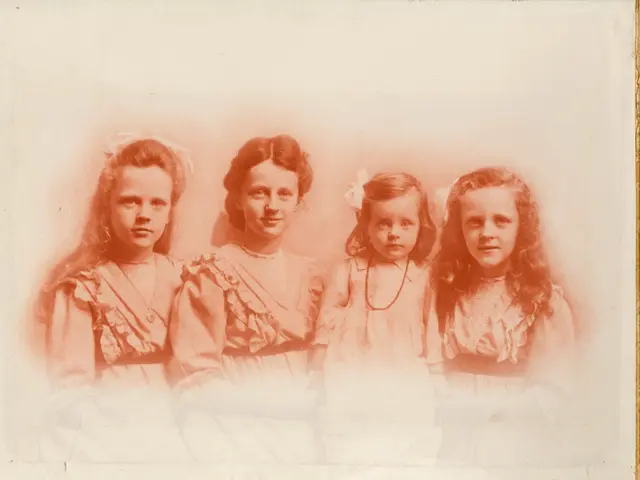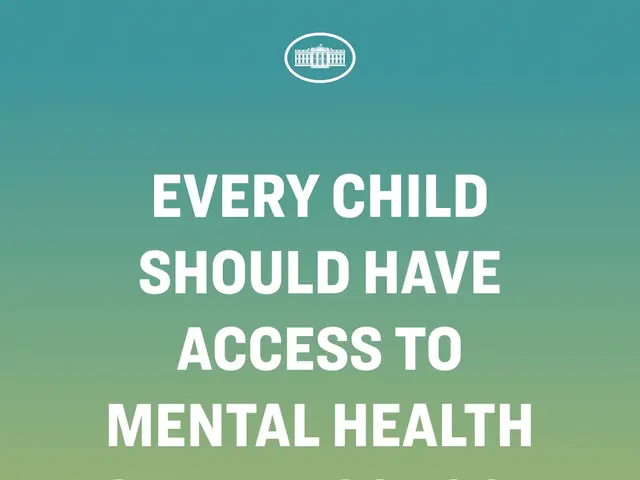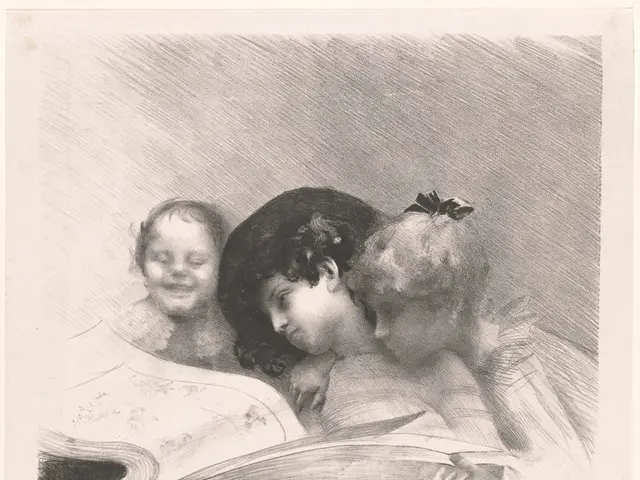Exploring the Connection Between Head Injuries and Depression: Delving into Post-Concussion Mental Health Issues
Concussions, a form of traumatic brain injury, can have far-reaching consequences, including an increased risk of depression. Though headaches and dizziness are common short-term effects associated with concussions, the impact on mental health is a mounting concern within the medical community. Comprehending the link between concussions and depression is vital for accurate diagnosis, treatment, and long-term care of individuals who have experienced head injuries.
The Science Behind Concussions and Brain Function
To understand the relationship between concussions and depression, it is crucial to grasp how concussions affect the brain physically. When a person experiences a concussion, the brain undergoes a complex series of changes at both the cellular and chemical levels. The force of impact causes the brain to move within the skull, potentially stretching and damaging brain cells.
This physical trauma triggers a cascade of neurochemical changes. Neurotransmitters, the brain's chemical messengers, are released in abnormal patterns and quantities, disrupting various cognitive and emotional processes, including mood regulation. The delicate balance of chemicals essential for maintaining emotional stability can be thrown out of balance.
Concussions can also impact specific areas of the brain responsible for emotional processing and regulation. One crucial area is the prefrontal cortex, which plays a vital role in mood control and executive function. The prefrontal cortex and depression are closely linked, and damage to this area can contribute to the development of depressive symptoms.
Can a Concussion Cause Depression?
Research consistently demonstrates a significant link between concussions and depression. Studies indicate that individuals who have suffered a concussion are at a higher risk of developing depression compared to those who haven't experienced head trauma. Prevalence rates of depression in concussion patients vary across studies, but some research suggests that up to 30% of individuals may experience depressive symptoms following a concussion.
Factors that may increase the risk of depression after a concussion include:
- Severity of the concussion
- History of previous concussions
- Pre-existing mental health conditions
- Age and gender (with some studies suggesting a higher risk in younger individuals and females)
- Duration of post-concussion symptoms
While a direct causal link has not been definitively established, the strong correlation suggests that concussions can be a significant contributing factor to developing depression.
Post-Concussion Syndrome (PCS) and Depression
Post-concussion syndrome (PCS) is a condition where concussion symptoms persist beyond the expected recovery period—typically lasting for weeks or months after the initial injury. Symptoms of PCS can include headaches, dizziness, fatigue, and cognitive difficulties. Depression is a common feature of PCS, with many individuals experiencing mood disturbances as part of their prolonged symptoms.
The relationship between PCS and depression is bidirectional. The persistent physical and cognitive symptoms of PCS can contribute to the development of depression, while depressive symptoms can exacerbate and prolong PCS symptoms. This interplay can create a challenging cycle for individuals struggling with post-concussion recovery.
The duration and severity of depression in PCS cases can vary widely. Some individuals may experience mild depressive symptoms that resolve within a few months, while others may develop more severe and long-lasting depression. In some cases, depression related to PCS can persist for years if left untreated.
Recognizing Depression Symptoms Post-Concussion
Identifying depression symptoms following a concussion can be challenging, as some symptoms may overlap with typical concussion effects. Nevertheless, recognizing the signs of depression is crucial for proper treatment and recovery. Common signs of depression following a concussion include:
- Persistent low or sad mood
- Loss of interest in previously enjoyed activities
- Changes in sleep patterns (insomnia or excessive sleeping)
- Fatigue or loss of energy
- Difficulty concentrating or making decisions
- Feelings of worthlessness or excessive guilt
- Changes in appetite or weight
- Thoughts of death or suicide
It's important to distinguish between typical concussion symptoms and depression. While concussion symptoms tend to improve over time, depressive symptoms may persist or worsen. Additionally, emotional symptoms disproportionate to the physical recovery may indicate depression.
If you or someone you know is experiencing persistent mood changes or depressive symptoms following a concussion, it's essential to seek professional help. A healthcare provider can assess the situation and determine appropriate treatment options.
Treatment and Management Strategies
Addressing depression related to concussions often requires a multi-faceted approach. Treatment strategies may include:
- Medical interventions: Antidepressant medications may be prescribed to help manage depressive symptoms. It is essential to work closely with a healthcare provider to find the right medication and dosage, as some individuals may be more sensitive to side effects following a concussion.
- Cognitive and behavioral therapies: Cognitive-behavioral therapy (CBT) and other forms of psychotherapy can be highly effective in treating depression related to concussions. These therapies can help individuals develop coping strategies, manage negative thoughts, and improve overall mood.
- Lifestyle changes: Implementing healthy lifestyle habits can support recovery from both concussion symptoms and depression. This may include: - Establishing a regular sleep schedule - Engaging in gentle, approved physical activity - Maintaining a balanced diet - Practicing stress-reduction techniques like mindfulness or meditation
- Multidisciplinary approach: Given the complex nature of concussion-related depression, a team of healthcare professionals may be involved in treatment. This could include neurologists, psychiatrists, psychologists, and physical therapists working together to address all aspects of recovery.
- The neurochemical changes resulting from a concussion can disrupt mood regulation, contributing to a higher risk of mood disorders, including depression.
- Depending on the severity, duration, and other risk factors, up to 30% of individuals who have experienced a concussion may develop depressive symptoms.
- Post-concussion syndrome (PCS) often includes depressive symptoms, and a bidirectional relationship exists between PCS and depression, as one can influence the other.
- Addressing depression related to concussions may require a combination of medical interventions, psychotherapy, lifestyle changes, and a multidisciplinary approached spearheaded by healthcare providers.







